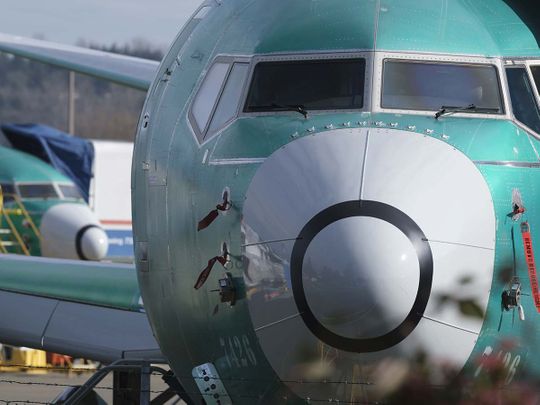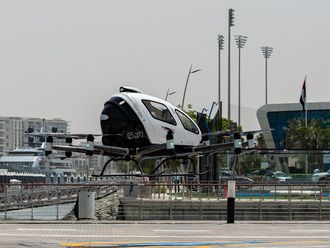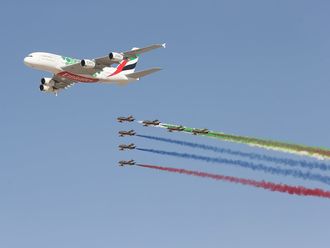
Dubai: The extended impact of the COVID-19 pandemic on the Gulf and Middle East aviation sector will mean about 1.7 million jobs being lost this year itself. Out of that, 323,000 jobs will be lost in aviation alone, which is about 46 per cent of the region’s total aviation-related jobs.
And aviation sector’s contribution to the regional GDP will fall by up to $105 billion, according to the Geneva-based Air Transport Action Group (ATAG). “This latest research highlights the urgency of restarting aviation in the Middle East," said Muhammad Albakri, IATA’s Vice-President for Africa and the Middle East. "Normally aviation contributes $213 billion to the region’s GDP. Closing borders has reduced this to $108 billion.”
IATA (International Air Transport Association) has called for systematic testing of passengers instead of the current quarantine system. “Quarantine measures are crippling the industry’s recovery and hampering its ability to support social and economic development. Testing for COVID-19 will enable the Middle East and the world to safely reconnect and recover.”
So far, 11 countries in the Middle East have opened their borders to regional and international air travel. However, in nine of these countries, passengers are still subject to a mandatory quarantine. This effectively stops people from travelling, said IATA.












